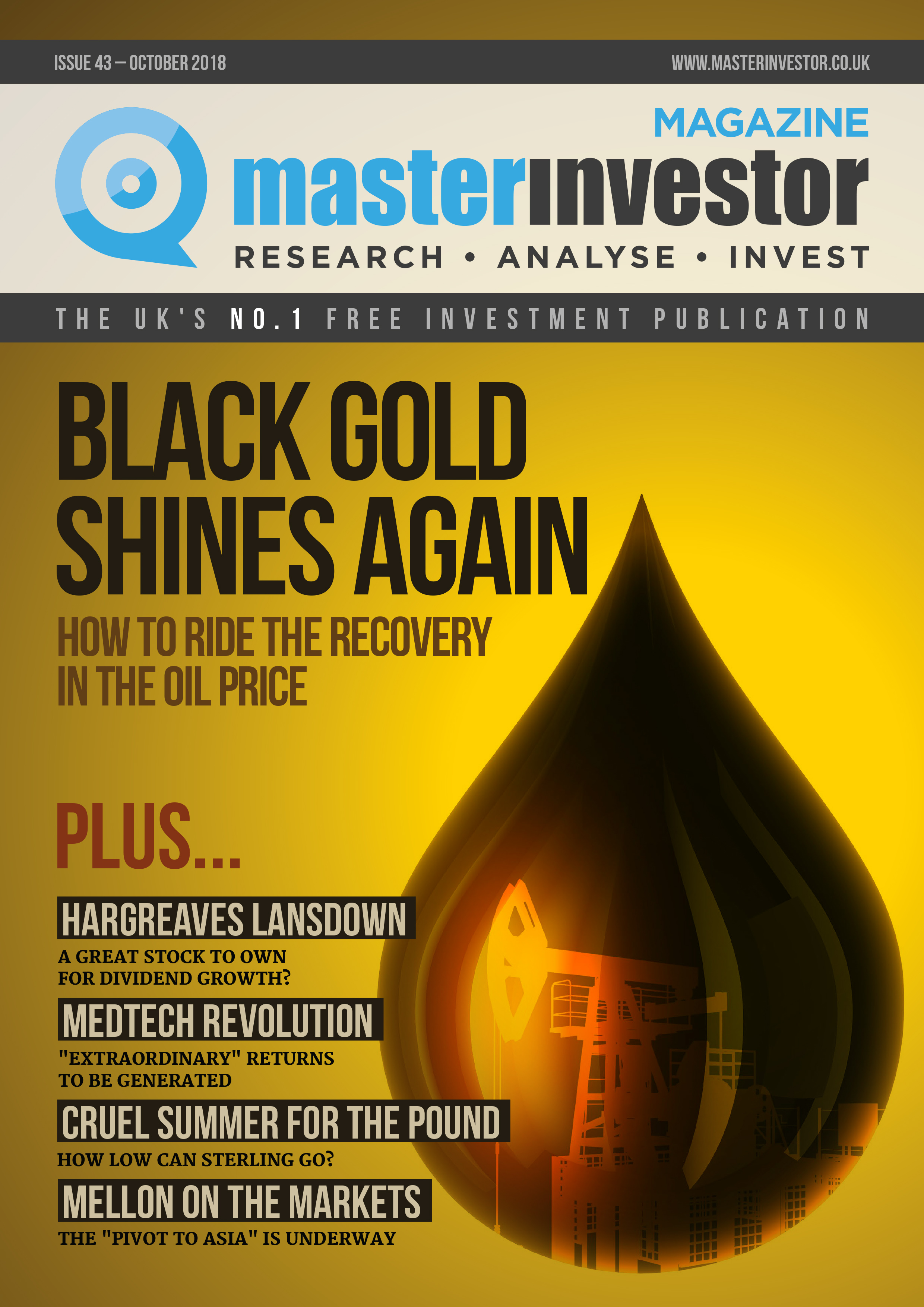Mellon on the Markets: Lessons learned

This letter is being written on Emirates Airlines on an exceptionally long journey from Sydney to London (28 hours, 7 hours layover in Dubai). Among the many things running through my jet-lagged mind include the thought: How do the Gulf airport hubs survive the arrival of a host of very long-haul flights (e.g. via Quantas Perth to London)?

Never miss an issue of Master Investor Magazine – sign-up now for free! |
Airlines like Emirates, Qatar and Etihad have built enormous networks based on passenger interchange and having a huge flow of passengers through their airports (Dubai Airport is NOT good in my experience). Once people can go from wherever to wherever, will they bother to go on airlines that stop en route? I have to believe that relative to their tiny size, the airline business is important to countries such as Dubai, and probably drives quite a lot of in-transit tourism.
However, being stuck on a plane for more than 17 hours is probably not good for the body and soul. So, maybe there will still be a role, and besides I only get caviar on Emirates, so I think I will stick with it!
Related, and I think interesting, is that some US airlines make more money from their loyalty schemes than from their actual operations. This is because card companies and others buy miles to “reward” their users, and that money – and lots of it – flows to the airline’s bottom line. After all, you can only use these miles when the airlines have empty capacity – and in many cases, that is a forlorn hope, at least in my experience with our very own flag carrier.
But it also probably means that US airlines – which in the past were hugely buffeted by oil prices and a downturn in load factors in recessionary conditions – may be able to weather the storm better. When I was a young US fund manager, airlines were a no-no, and the great Warren Buffet so-described them with choicer words, but maybe now they are worth watching. They are still indescribably awful to fly on, though, staffed as they are by inattentive unionised and self-entitled people, and of course, a packing system that would do a sardine factory proud.
Return to Oz
I haven’t exactly counted how many times I have been to Australia, but it’s well over a hundred and I love it very much. I have some of my best friends there, and it is indeed a lucky and seemingly generally happy country. I am concerned, however, to see the Economist magazine of this week eulogizing the place, praising its rapid growth and sound economic policies.
Firstly, those sorts of hagiographic articles (see Business Week c.1989 regarding Japan) normally foretell or coincide with a peak in fortunes. Secondly, I don’t think all is well with the Australian economy – the banks are far too exposed to residential and commercial property, consumers are highly indebted, and a lot of GDP growth is the result of immigration. There is also a tax on anything and a lot of rules that an observant and large bureaucracy assiduously enforces.
Beware of magazine writers paying your country a visit with praise in mind!
I did get to watch Prince Harry sweep by in his cavalcade – and watch his expert and attuned performance on TV. I imagine that Australia will one day be a Republic, but there are strong ties that bind us in the UK to them and they seem to my casual eye to be getting stronger, not weaker.
Lessons learned
Now, to money. At long last, my call on the FAANG stocks is coming right, with my No.1 bugbear Facebook (NASDAQ:FB) falling fastest. But the warnings of coming regulations, banking-like fines, mounting competition and slowing growth is all becoming clear. These stocks are to be avoided.
Tesla (NASDAQ:TSLA) falls in the same category. I don’t know what sort of stuff goes on there, and I am not going to speculate, but I do not believe this company in any way still justifies its ridiculous valuation.
I put my hand up to support the emergency share placement for Patisserie Holdings (LON:CAKE), but it was closed by the time I got there. I honestly can’t fathom what has gone on there, but clearly the finance director was up to no good – and certainly very good at covering his tracks.
Your chance to hear more from Jim MellonWe are delighted to have Jim presenting at several Master Investor events in November. To find out more and sign up, simply follow the links below. Investing in the age of longevity One-day masterclass that will give you the guidance, support and contacts you need to tap into what Jim calls “the biggest money fountain ever”. Master Investor Manchester Exclusive keynote seminar packed with Jim’s investment predictions and leftfield ideas. Find out where the Master Investor is putting his money in 2019! |
When everything seems too good, it normally is. This is a lesson I try to take every day. But we are all blindsided from time to time (hopefully not in our own businesses though).
Some years ago, I bought shares in Synergy Pharmaceuticals (NASDAQ:SGYP), it being from the US. This company has an approved drug (for constipation) on the market, but sales have proved disappointing and the company made the fatal error of trying to build its own sales network, and worse, borrowed money to do it. It now looks terminal and although my position wasn’t large, it still hurt.
Another lesson learnt – in biopharma, don’t build your own sales force except for a rare indication, and repeat the old mantra every day – a dollar of debt can sink the biggest ship. This company had a market capitalisation of well over $1 billion. It is now $100 million. Patisserie had a worth of $550 million. It is now going to be a small fraction of that.
Mamma Mia!
Overall, I think that the US market (and possibly, everything else, except Japan) is now in confirmed bear market territory, and being short bonds, long cash and gold (which is acting better) is the right strategy.
But, I am impressed by some results in my area of minor expertise – Gilead (NASDAQ:GILD), at around $68 per share, is very cheap and can be safely bought, and as a co-founder of Biohaven (NYSE:BHVN), this company looks increasingly convincing, currently at around $35 per share.
Meantime, Brexit grinds on, but towards a soft mattress of no great import. Much more importantly, as I keep banging on, is Italy, which is Mamma Mia – and not in an Abba, but a D minus way.
This next week is going to be a test of my faith in Juvenescence – as soon as I get back, I launch into various events, including the Master Investor Longevity Forum, which is going to be a blast. Then it’s off to NYC for two days (one night) for more longevity stuff, then straight back to the Isle of Man for more of the same. And in recent weeks, Singapore, Hong Kong, Australia and, of course, Israel (wonderful) have been on the agenda.
I better start taking the (longevity) drugs!
Happy Hunting!
Jim Mellon
The juvanesence book needs an upgrade to the cancer explanation. Cancer lives off glucose or glutamine. Cancer is very close to getting nailed by blocking fermentation of both sugar and glutamine at the same time. Check out the work of prof thomas seyfried or better still…. Chat with him before rewriting ur chapter on cancer. I will be keeping an eye out and shorting pharmaceuticals exposed to cancer drugs after this novel treatment goes mainstream.
Greag shout on faang and gold… Sheer genius
Having bought GW Pharmaceuticals when they were less than a pound a share. I am still holding on now they are ADRs and I reckon they are the best pharma company and have a few tricks still to play!